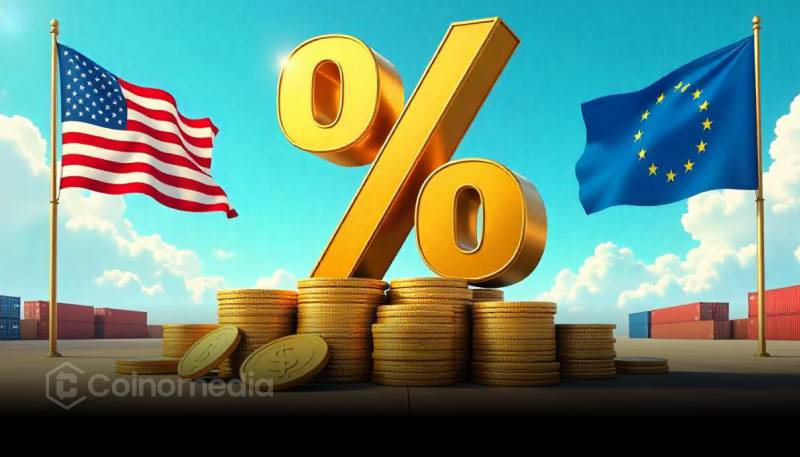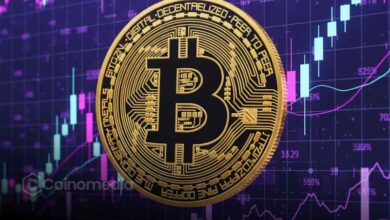EU Says “Ready” to Strike Trade Deal with US
EU declares it’s “ready” to negotiate a comprehensive trade deal with the US, aiming to boost transatlantic commerce and economic ties.

- EU signals readiness for a major trade agreement with the US
- Deal aims to reduce tariffs, bolster supply chains, & boost growth
- Talks hinge on regulatory alignment and strategic cooperation
New Push for an EU–US Trade Deal
The European Union has officially stated it’s “ready” to launch negotiations toward a comprehensive trade agreement with the United States. This announcement marks a turning point in transatlantic economic relations, signaling openness to unlock new trade opportunities, reduce tariffs, and enhance cooperation in tech, green industries, and supply chains.
The development follows years of intermittent progress and stalled talks. Both sides appear committed to reenergizing efforts and addressing longstanding friction points—like steel tariffs and digital market regulations. By aligning standards and sharing goals, the EU hopes to deepen economic integration with its largest trading partner.
Economic Implications of the Deal
If successful, the deal could significantly reduce trade barriers, making goods like machinery, autos, and agricultural products more affordable on both sides. It could also create smoother frameworks for digital services, renewable energy components, and critical tech supply chains.
Stakeholders anticipate growth in sectors ranging from clean energy to AI—encouraging increased investment by reducing regulatory uncertainty. Consumers could benefit from lower prices and more choice, while exporters gain predictable access to new markets.
Challenges Ahead for Transatlantic Talks
Despite optimism, obstacles remain. Regulatory alignment—covering food safety, environmental standards, tech regulations, and data privacy—will be complex. Both sides must balance domestic pressures: US farmers wary of competition, and EU states protective of their food and environmental laws.
Strategic concerns, like coordinating on semiconductors and supply chain resilience, will also feature heavily. Negotiators need to reconcile national interests while securing broader geopolitical coordination, particularly amid global economic tensions.
Outlook: What to Watch
- Timeline & structure: Will talks move quickly or stall?
- Key sectors: Agriculture, autos, tech & green energy
- Regulatory hurdles: How far can Germany, France, US align rules?
The EU’s readiness sets the stage—but success depends on sustained political will and careful diplomacy.
Read Also:
- Binance Reserves Surge as Global Balances Decline
- Cango Inc. Announces October 2025 Bitcoin Production and Mining Operations Update
- Dogecoin Price Prediction Targets November Surge, While BullZilla Steals the Spotlight Among Best Meme Coin Presales in 2025
- Balancer DeFi Hack: $70.9M in Crypto Stolen
- Bitcoin Market Spent More Time in Bull Phase in 2025



